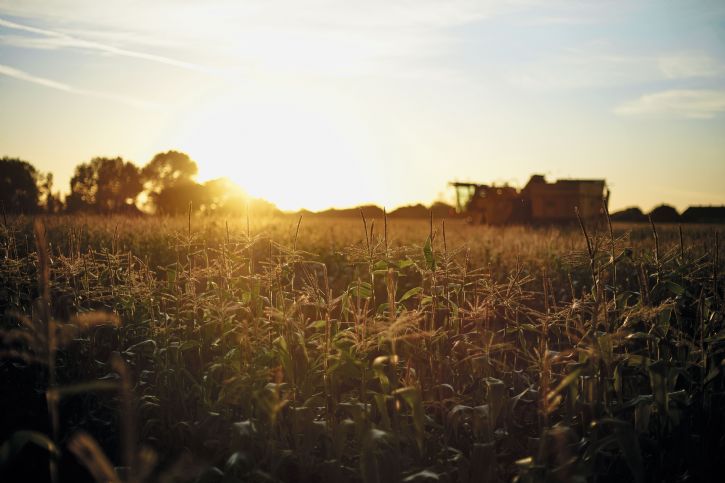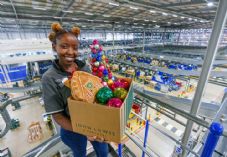UK DIY News
John Lewis Partnership Announces Partnership With WWF

- The John Lewis Partnership will invest £2m to fund ecosystem protection and regeneration projects in the UK and India.
- The partnership between the two organisations will focus on targeting biodiversity and nature conservation.
The John Lewis Partnership has announced plans to partner with global environmental charity WWF to showcase how people and nature restoration can work together for a sustainable future. The collaboration will see the John Lewis Partnership and WWF working together to protect and restore nature in the UK and globally, with two nature conservation projects planned for East Anglia and India.
The two projects will take place over a three and five year period respectively, which will enable us to create a long lasting legacy and meaningful benefit to the ecosystems and communities in which they are located.
The unique 'wholescale' (landscape and seascape) restoration project in Norfolk, will have the potential to demonstrate that nature restoration and carbon sequestration are possible even in one of the most agriculturally intensive areas of the UK. The project is designed to showcase leadership in this space with the potential to shape the John Lewis Partnership’s future nature and regenerative agriculture work.
Specifically, the funding will enable us to:
- bring together separately funded projects into a landscape scale exemplar that demonstrates how we can deliver on the ‘triple challenge’ (meeting the food needs of the world, while tackling the climate crisis and reversing the loss of nature) which is a unique approach compared to any of the John Lewis Partnership’s previous work.
- test how rewilding approaches can work in a productive landscape
- demonstrate the benefits of a integrated approach across land, rivers and sea - a ‘wholescape approach’
- show how public and private funded can be aligned under a ‘blended finance approach’ to deliver outcomes at landscape scale.
The second project, which is already underway, will be looking to better manage and restore the health of the Noyyal and Bhavani river basins in Western Tamil Nadu, South India, which are facing impacts from the textiles industries in the region. The Noyyal and Bhavani rivers house major textile clusters that are responsible for the majority of cotton knitwear exports from India, but are also home to unique wildlife and critical to water security for people in the region. The goal of this project will see key stakeholders in the basin adopt collective actions, leading to improved ecological health of the rivers by 2025.
Marija Rompani, Director of Sustainability at the John Lewis Partnership comments, “as a Purpose-driven business, we are committed to doing things better and that includes doing even more to protect and restore the natural ecosystems our business touches. These principles will be at the heart of our work with WWF and we're delighted to be in partnership with them to deliver significant and meaningful conservation in the UK and abroad."
"Through our regenerative agriculture approach on our farm at the Leckford Estate, we’ve seen clearly that to rejuvenate our planet, we must learn to work with nature. This is why today, 40% of the land is managed primarily or solely to promote biodiversity, and our farmland is managed using regenerative agricultural practices, enhancing soil health and water quality."
David Edwards, Director of Food Strategy at WWF said: “Agriculture is the biggest cause of nature loss globally and a major driver of climate change, so transforming the way we produce food and other agricultural commodities is a core part of WWF’s mission to bring our world back to life.
“We’re excited to be working with the John Lewis Partnership to scale up regenerative, nature-friendly agricultural approaches, including in one of the UK’s most intensively farmed landscapes. We want to take our learnings from this work and inspire wider change across farming.”
Source : John Lewis Partnership
Image : John Lewis Partnership 151071
I find the news and articles they publish really useful and enjoy reading their views and commentary on the industry. It's the only source of quality, reliable information on our major customers and it's used regularly by myself and my team.











































